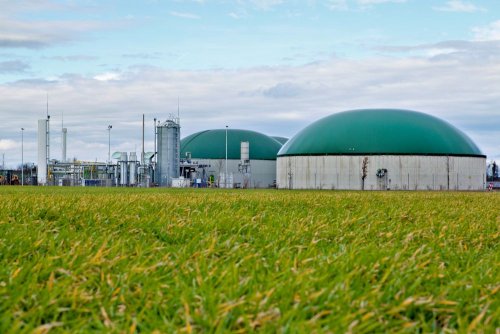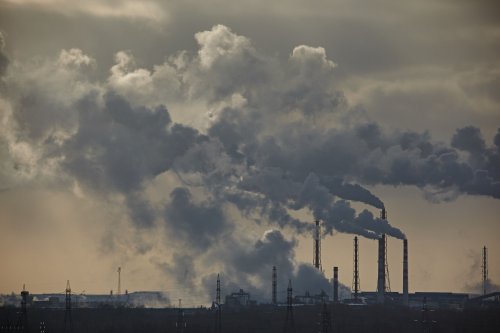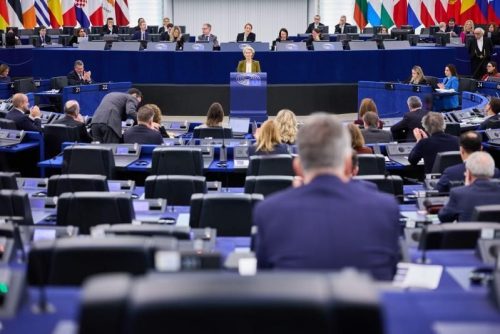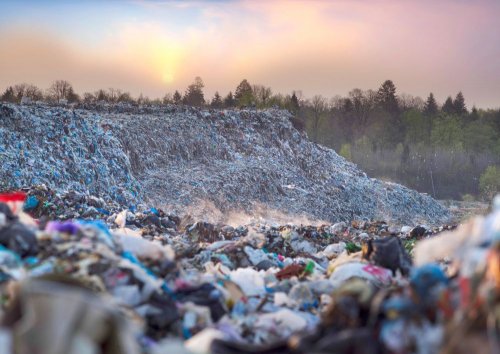A study by the International Energy Agency (IEA) has shown that electricity demand in the EU in 2023 will fall by 3% to the lowest level in twenty years.
Demand declined amid the energy crisis and economic slowdown, of which two-thirds of the net contraction came from industrial slowdowns in 2022, according to Euronews.
The report stressed that the first half of 2023 saw a record two-year drop in EU electricity consumption of 6%. This puts pressure on industrial competitiveness in Europe as industry output continues to lag.
It is noted that foreign subsidies, such as the US Inflation Reduction Act (IRA) and Japan's Green Transformation Act, affect production cuts, plant closures, suspension and redirection of investments.
The IEA emphasized that global demand for electricity will grow due to:
- decarbonization of energy systems;
- increased use of indoor cooling as global temperatures rise;
- development of emerging economies.
"Electricity demand in China and India is expected to rise, with an annual growth of 5.2% expected in China over the next two years," the report noted.
The report explained that developing countries continue to rely on fossil fuels. So, China and India increased the production of electricity from coal in the first half of 2023 due to the reduction of hydroelectric power plants due to drought.
According to IEA forecasts, in 2024 there will be a resumption of global demand for electricity. In addition, 2024 could be the first year that the world will produce more electricity from renewable energy than from coal.
It is noted that such forecasts are related to the agreement on reforming the EU electricity market.
Earlier, EcoPolitic wrote, that in July, MEPs reached broad agreement on electricity market reform that aims to prevent a repeat of the 2022 energy crisis.
As EcoPolitic previously reported, a study by the non-profit organization RMI and the Bezos Earth Fund showed that by 2030, solar and wind energy will provide 33% of the world's energy, out of the available 12%.





